How to Dehydrate & Freeze-Dry Green Onions for Backpacking Meals
By Inga Aksamit & Aaron Owens Mayhew, MS, RDN, CD
Updated January 14, 2024
This post may contain affiliate links.
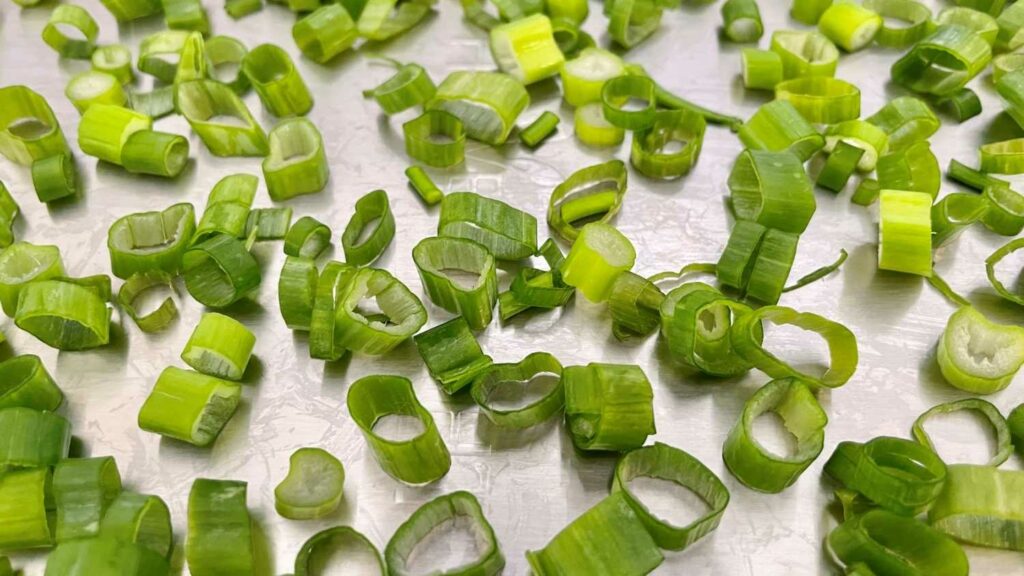
Fresh vegetables, like green onions, can be dehydrated or freeze-dried and used in a wide variety of backpacking recipes. Drying green onions, also known as scallions, is a great way to use excess produce that you can’t consume fast enough that would otherwise go to waste. Dehydrating your own green onions is also an economical way to increase nutrition, variety, and flavor in your backpacking diet.

What types of green onions can you dehydrate or freeze-dry?
Most vegetables can be dehydrated. In this article, we are talking specifically about green onions, a non-starchy vegetable. The process is similar when drying other leafy vegetables.
Use caution when dehydrating strong-smelling foods such as scallions. Do not mix different foods together with different odors. Ensure the house is well-ventilated or dehydrate outside or in a garage when drying foods with strong odors.
Should green onions be cooked before drying?
Most fresh vegetables should be blanched in boiling water before dehydrating to improve quality though some prefer to dehydrate raw produce. Once vegetables are picked, enzymes are released that lead naturally to deterioration in flavor and texture, even when dried. Blanching slows or stops the enzyme activity, relaxes the cell tissues, so food dries faster, protects the vitamin content, reduces the time needed to rehydrate, and destroys potentially harmful bacteria. Taken all together, blanching is a worthwhile effort.
Blanching is recommended for tomato halves, summer squash, zucchini, greens, cabbage, cut corn, green beans, celery, fresh peas, and diced carrots.
Blanching is not required for sliced tomatoes, mushrooms, garlic, onions, scallions, parsley, okra, and peppers.

How do you dehydrate or freeze-dry green onions?
Step One: Prepare the scallions for drying.
- Slice the onions into small but uniform pieces.
Step Two: Prepare the trays.
- Spread the cut green onions onto dehydrator trays using mesh tray liners or parchment paper.
- Tray liners are not necessary if using freeze-dryer trays.
Step Three: Begin the drying process.
- Dehydrate at 125℉ (51℃).
- If freeze-drying, start the freeze-dryer and allow it to run its cycle.

Step 4: The green onions are done when completely dry.
- Depending on the humidity, the dehydration process will take approximately 4-8 hours or longer.
- The freeze-drying process will take approximately 12-15 hours.
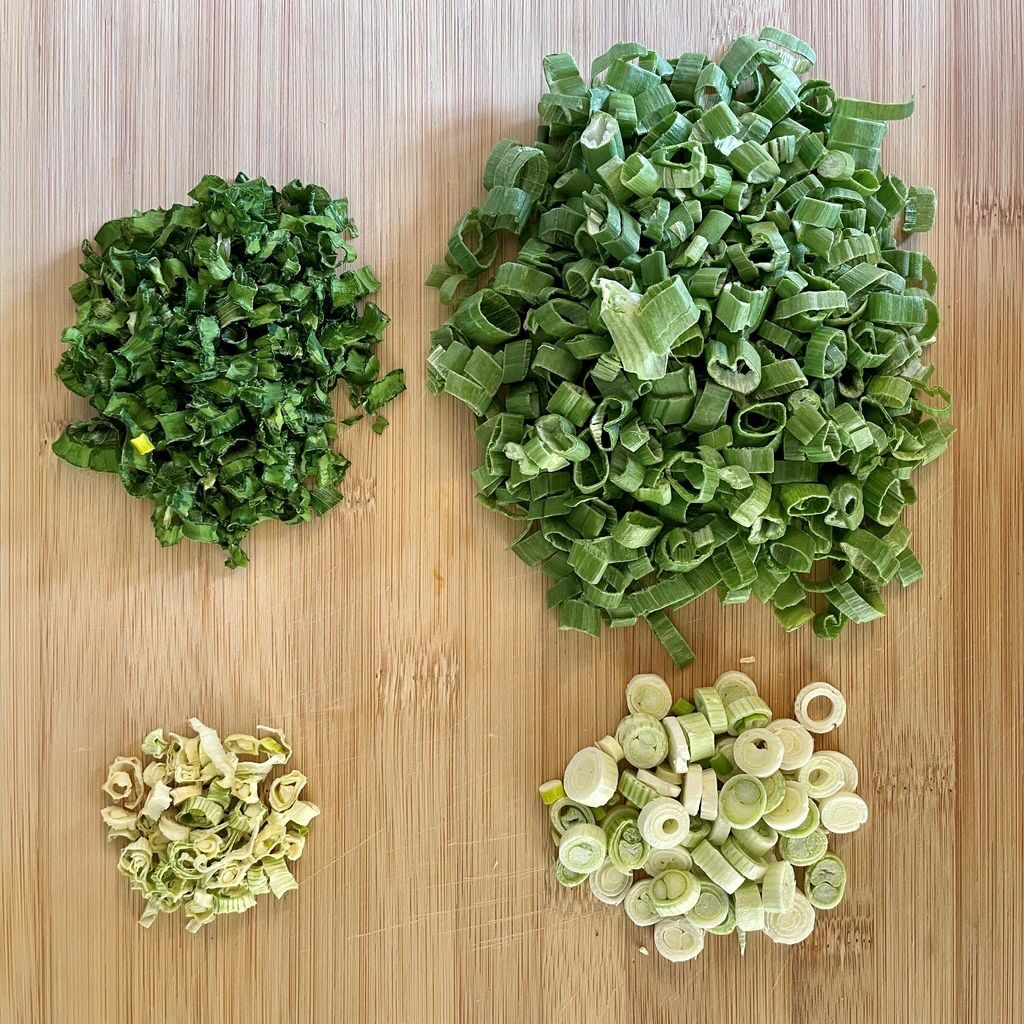
Step Five: Prepare the dried green onions for long-term storage
- For dehydrated green onions, allow the onions to cool for 30-60 minutes. Then package it in an air-tight container.
- For freeze-dried green onions, package the onions immediately in an air-tight container.
- Once dried, the scallions will reabsorb moisture from the air, so do not leave the green onions out for more than an hour.
- To lengthen the shelf-life of the green onions, consider vacuum sealing them in vacuum seal bags, mylar bags, or mason jars.
- You can purchase a mason jar vacuum sealer accessory online.
- Also, consider adding an oxygen absorber. Oxygen absorbers will remove any extra oxygen from your container.
What is the yield?
- The yield can vary quite a bit based on the size of the bunch of green onions.
- A bunch of green onions provides roughly 1/4 cup dehydrated and 2/3 cup freeze-dried.
How do you rehydrate dried green onions?
- Add hot water and cover for 5-10 minutes.
- Cold water may be used, but rehydration will take longer.
How long will dehydrated or freeze-dried green onions last?
- Dehydrated green onions can be stored in an airtight container in a cool, dry, dark area for six months.
- You can store freeze-dried green onions for 10-15 years when vacuum-sealed with an oxygen absorber.
How do I use dehydrated or freeze-dried green onions in backpacking meals?
Dried green onions or scallions can be used in a wide variety of backpacking meals to boost flavor without adding additional weight. One teaspoon of dehydrated green onions only weighs 0.3 grams. Add them to breakfast scrambles, soups, tuna salad, mashed potatoes, and more! Our Veggie Pho Noodle Soup backpacking recipe below is one of our favorite ways to use dehydrated green onions.
Here are a few of our favorite recipes using dried green onions.
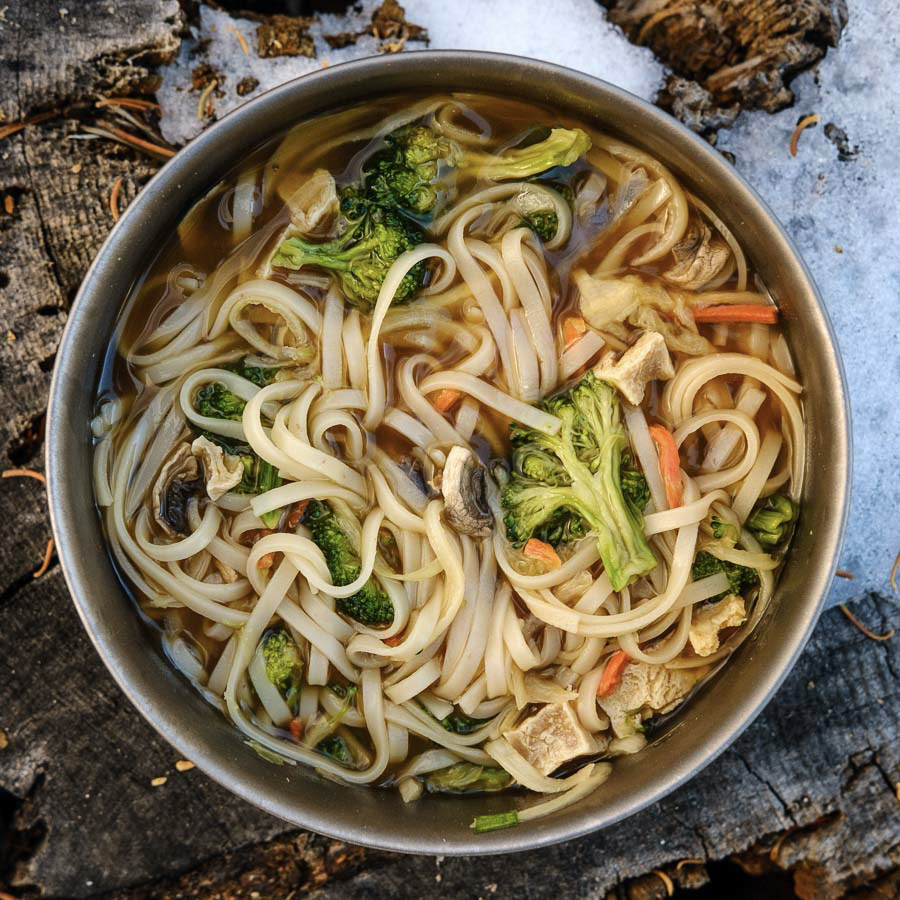
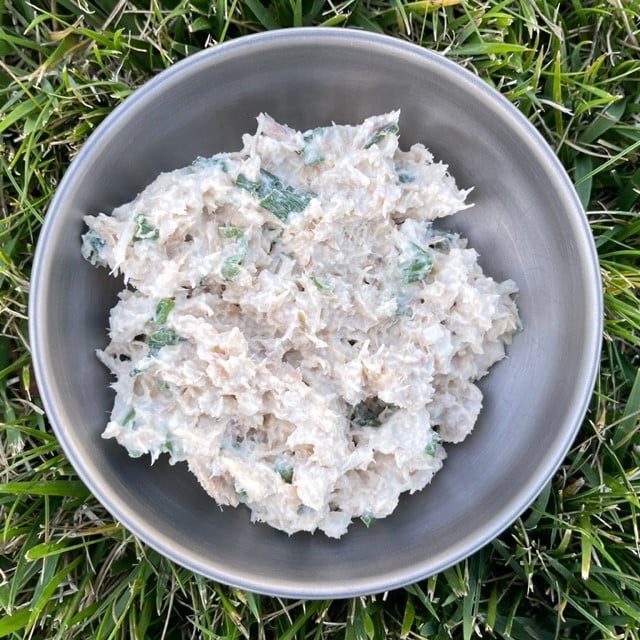
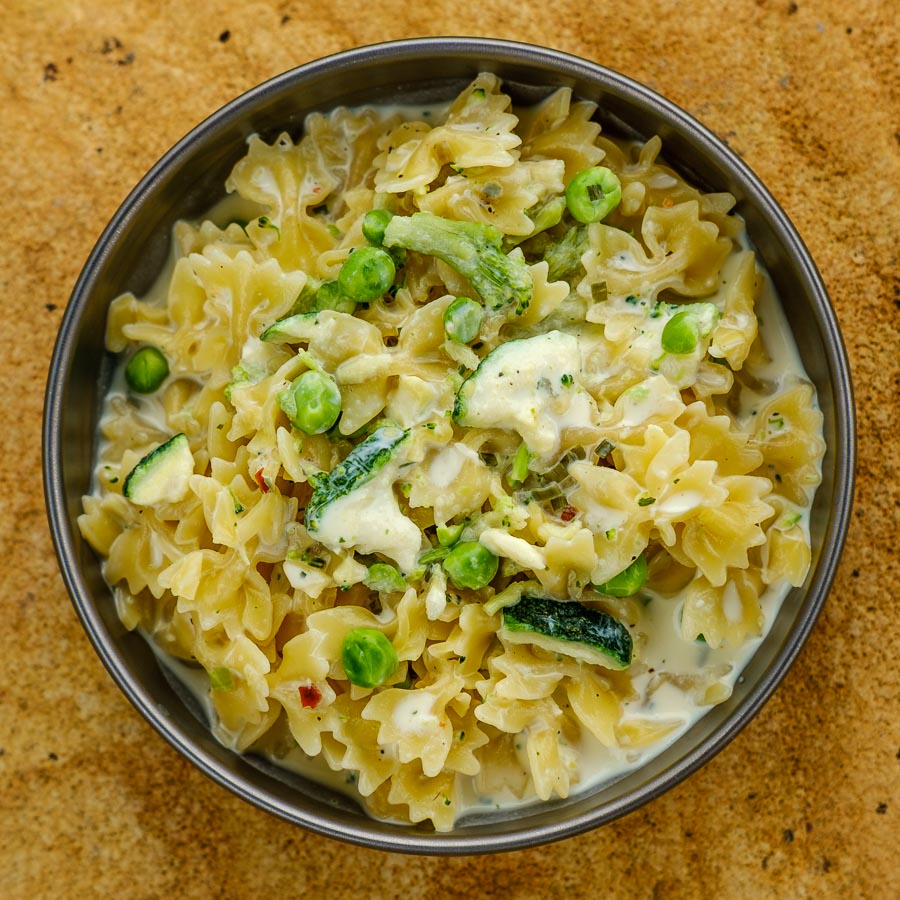
Give this Backcountry Foodie dehydrated green onion recipe a try!
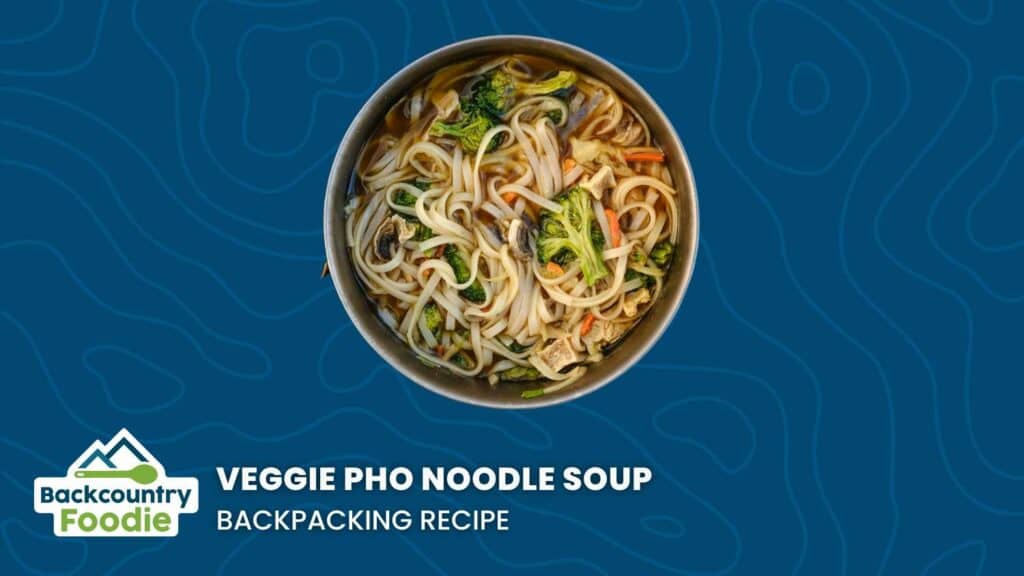

Ready to see more backpacking recipes like this one?
Backcountry Foodie is your go-to resource for over 200 backpacking dietitian-created recipes and a one-of-a-kind automated meal planning tool. The meal planner even creates itemized shopping lists for you! Meal prep has never been easier.

DISCLOSURE: Some of the links on this page are affiliate links, which means we may receive a modest commission if purchases are made through those links. This adds no cost to our readers and helps us keep our site running. Our reputation is our most important asset, so we only include links for products we use ourselves.
Did you find this post helpful?
Pin it and share it with your fellow hikers.
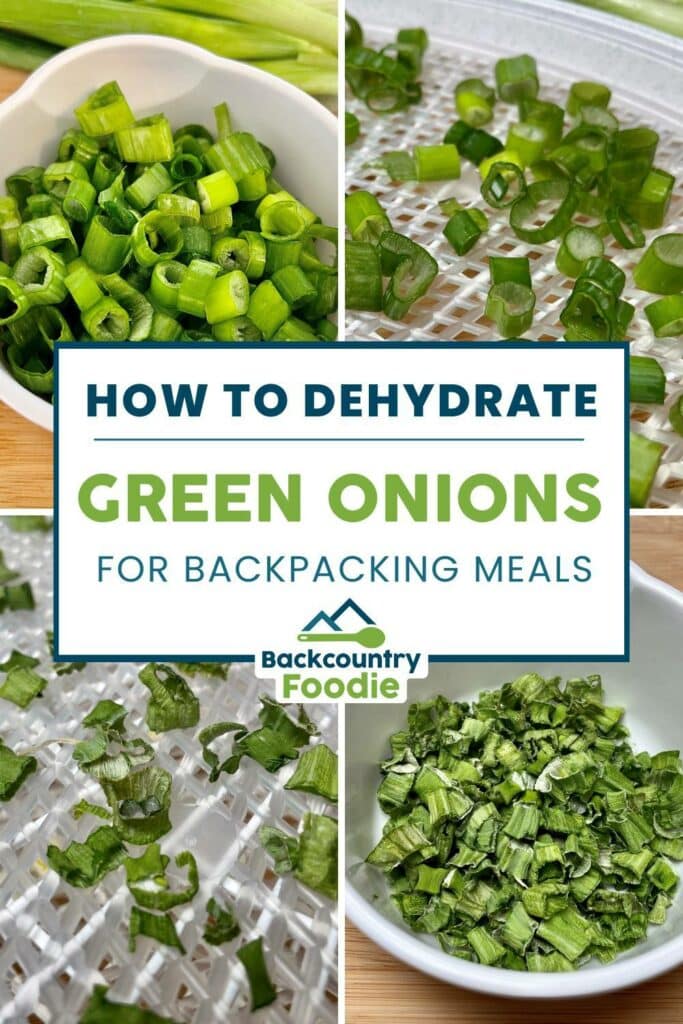
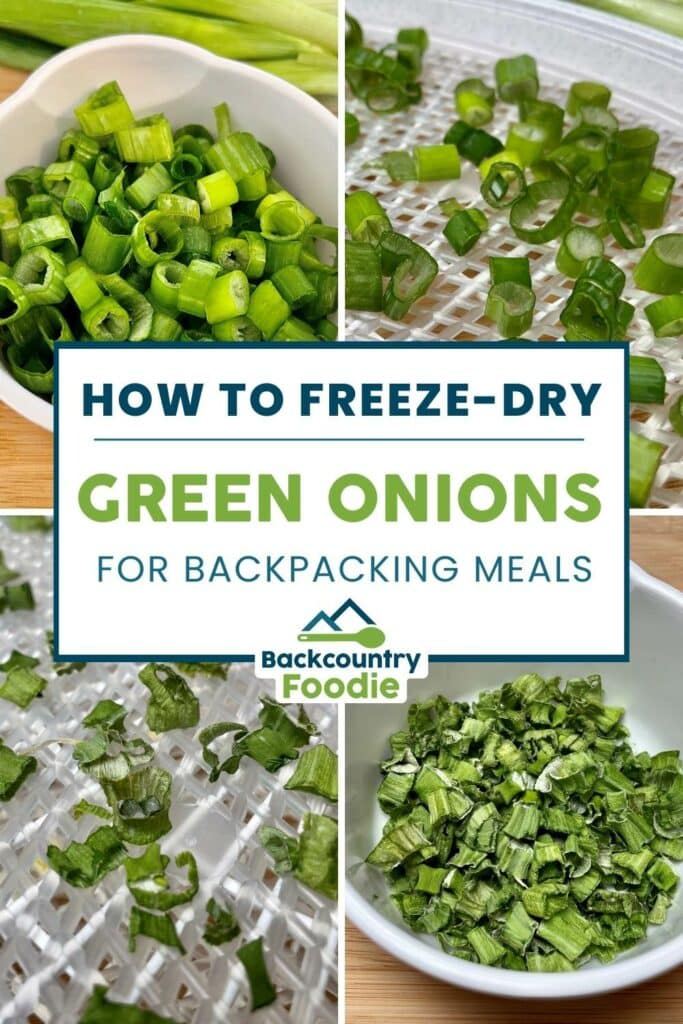
Are you new to dehydrating food for backpacking meals?
Consider checking out these posts:
- How to Dehydrate Strawberries for Backpacking Meals
- How to Safely Dehydrate Canned Tuna for Backpacking Meals
- How to Safely Dehydrate Tofu for Backpacking Meals
- How to Dehydrate Chickpeas for Backpacking Meals
ABOUT THE AUTHORS:
Inga Aksamit is a Northern California-based author and backpacker who writes about exploration, adventure, and eating well on the trail. She focuses on creating delicious gourmet meals with healthy, wholesome ingredients and no-fuss preparation in the backcountry. She has written several books, including “The Hungry Spork: A Long Distance Hiker’s Guide to Meal Planning” and “The Hungry Spork Trail Recipes.”
Aaron Owens Mayhew, MS, RDN, CD, is a registered dietitian and ultralight long-distance backpacker with over 20 years of nutrition and backpacking experience. She’s also the founder and owner of Backcountry Foodie, an online ultralight recipes and meal planning platform for backpackers. She also enjoys teaching hikers about backpacking nutrition via virtual masterclasses, YouTube videos, and podcast episodes. You can follow Aaron’s adventures in the kitchen and the backcountry via Instagram and Facebook.
Resources:
- Andress, Elizabeth, and Judy Harrison. So Easy to Preserve, 6th Edition. Cooperative Extension University of Georgia, 2014.
- Andress, Elizabeth and Judy Harrison (ed.). Preserving Food: Drying Fruits and Vegetables. University of Georgia Cooperative Extension Service.
- McCallister, Glenn. Recipes for Adventure. Glenn McCallister, 2013.
- Mills-Gray, Susan. “How to Dehydrate Foods.” University of Missouri Extension.

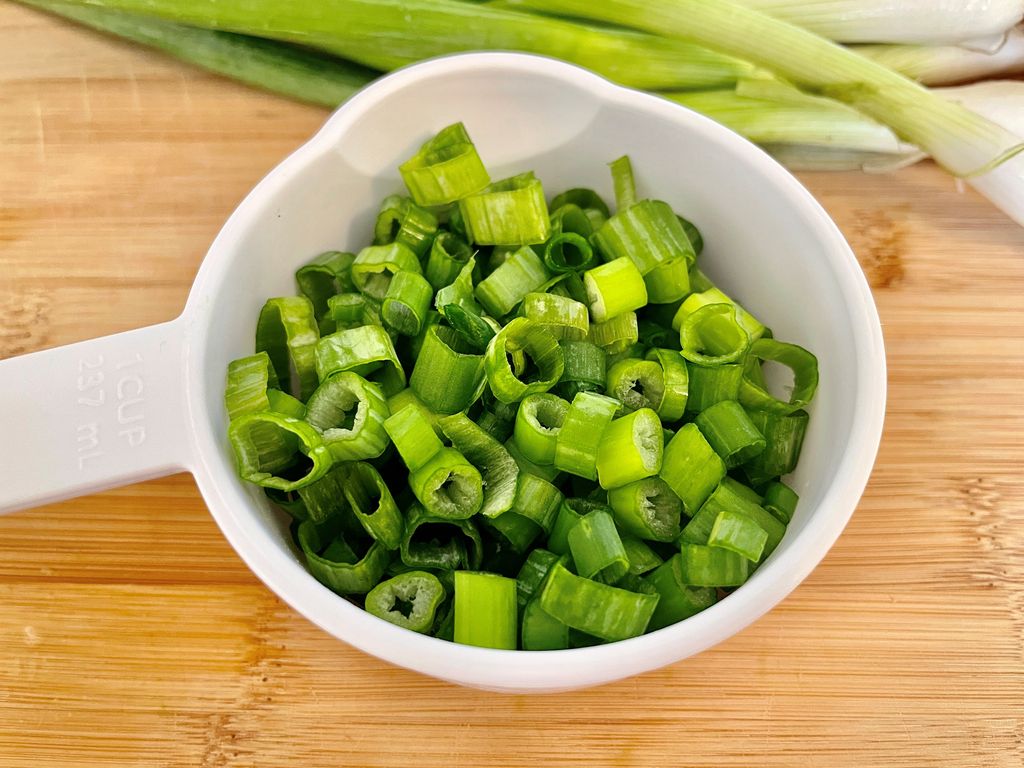
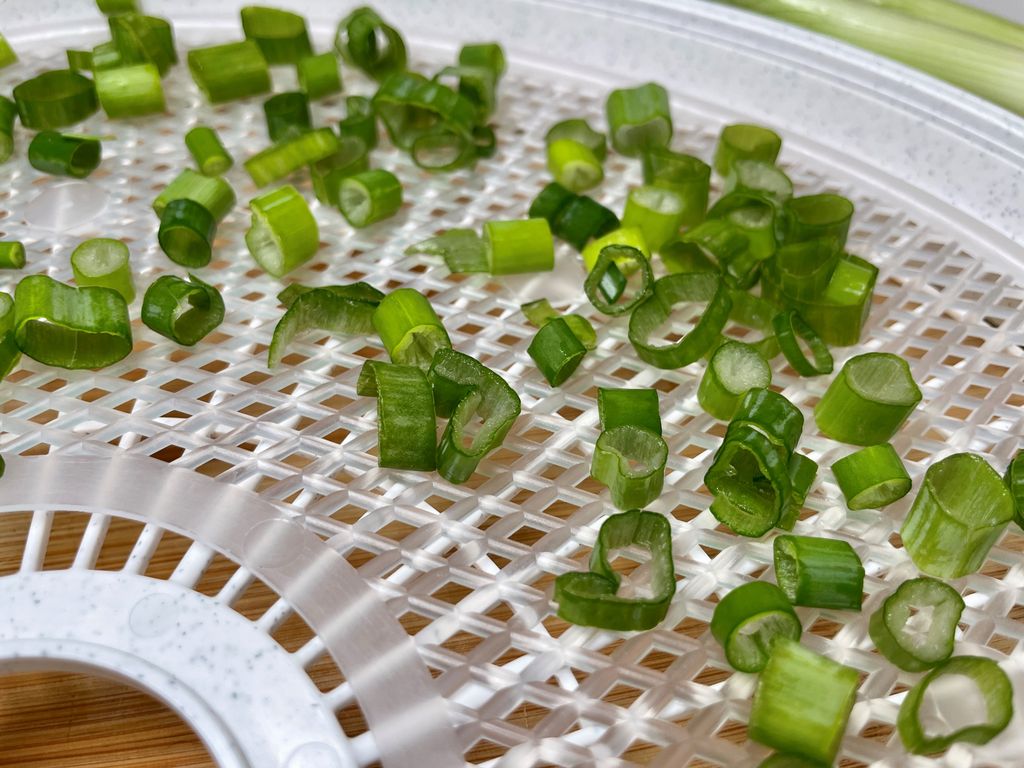
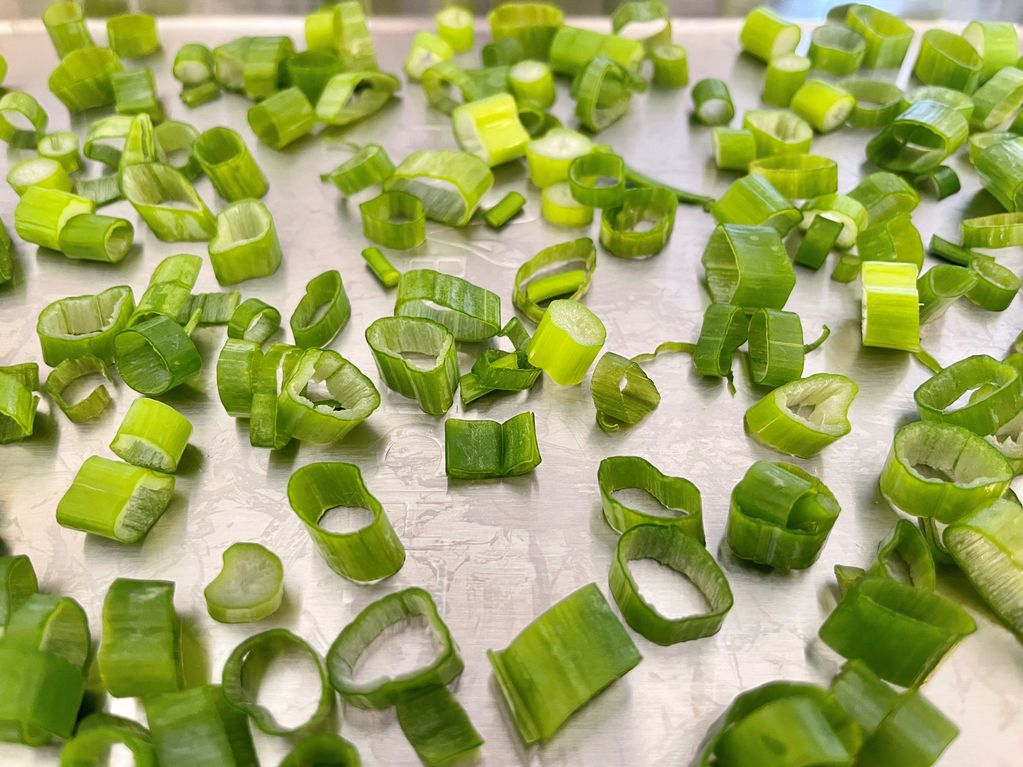
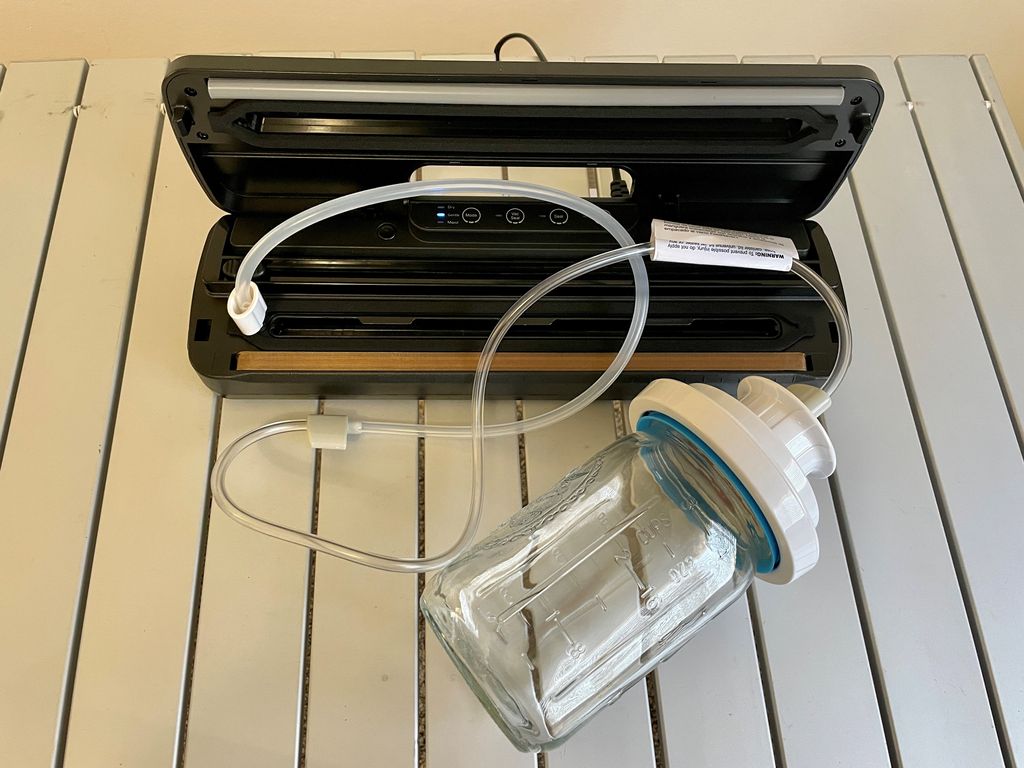
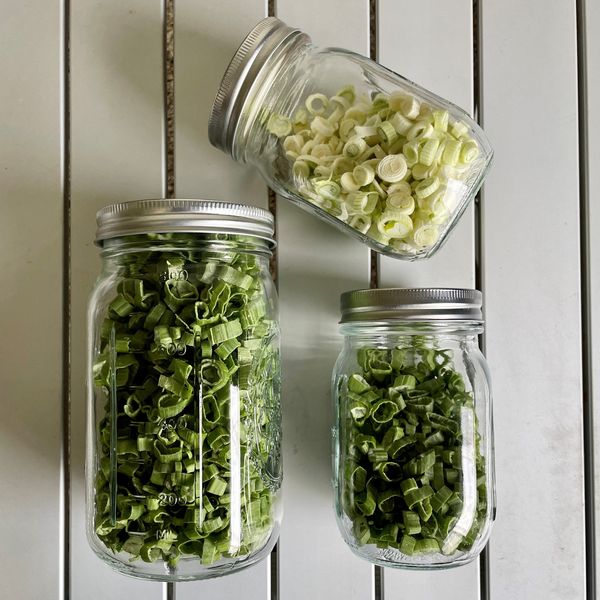
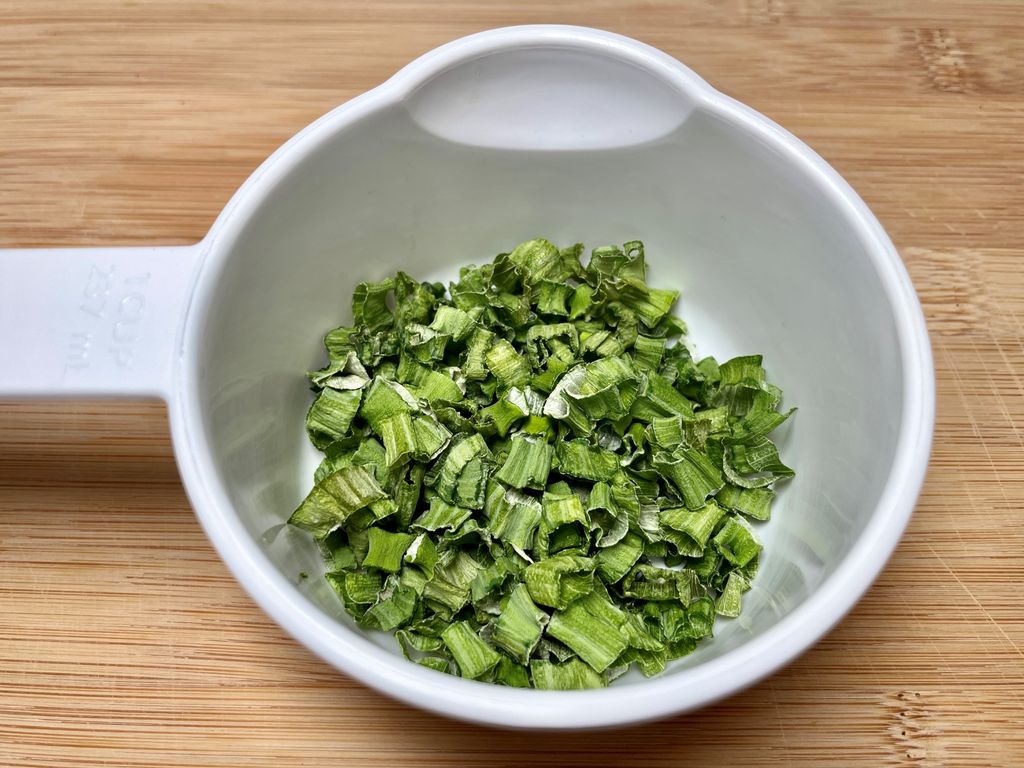
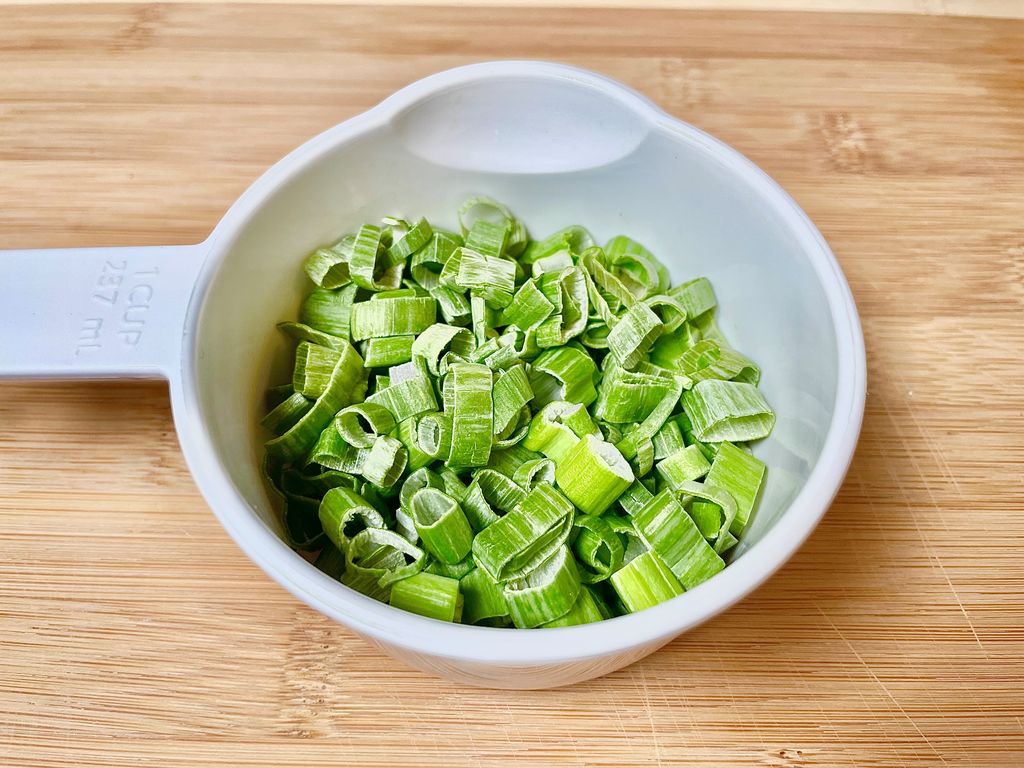

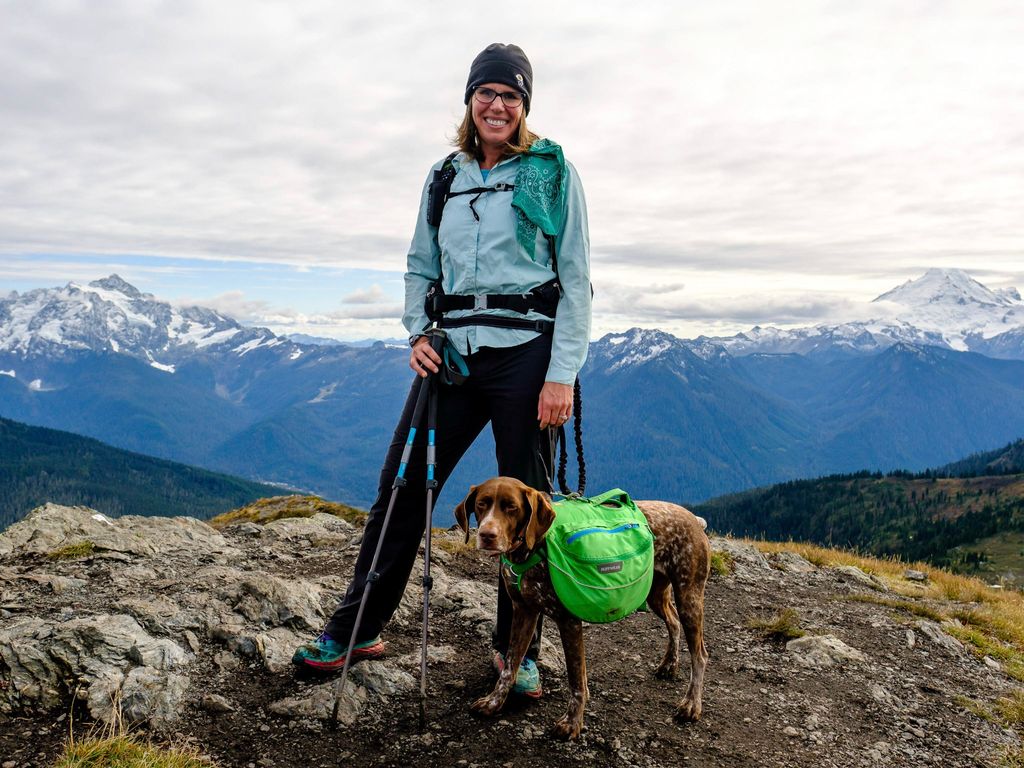
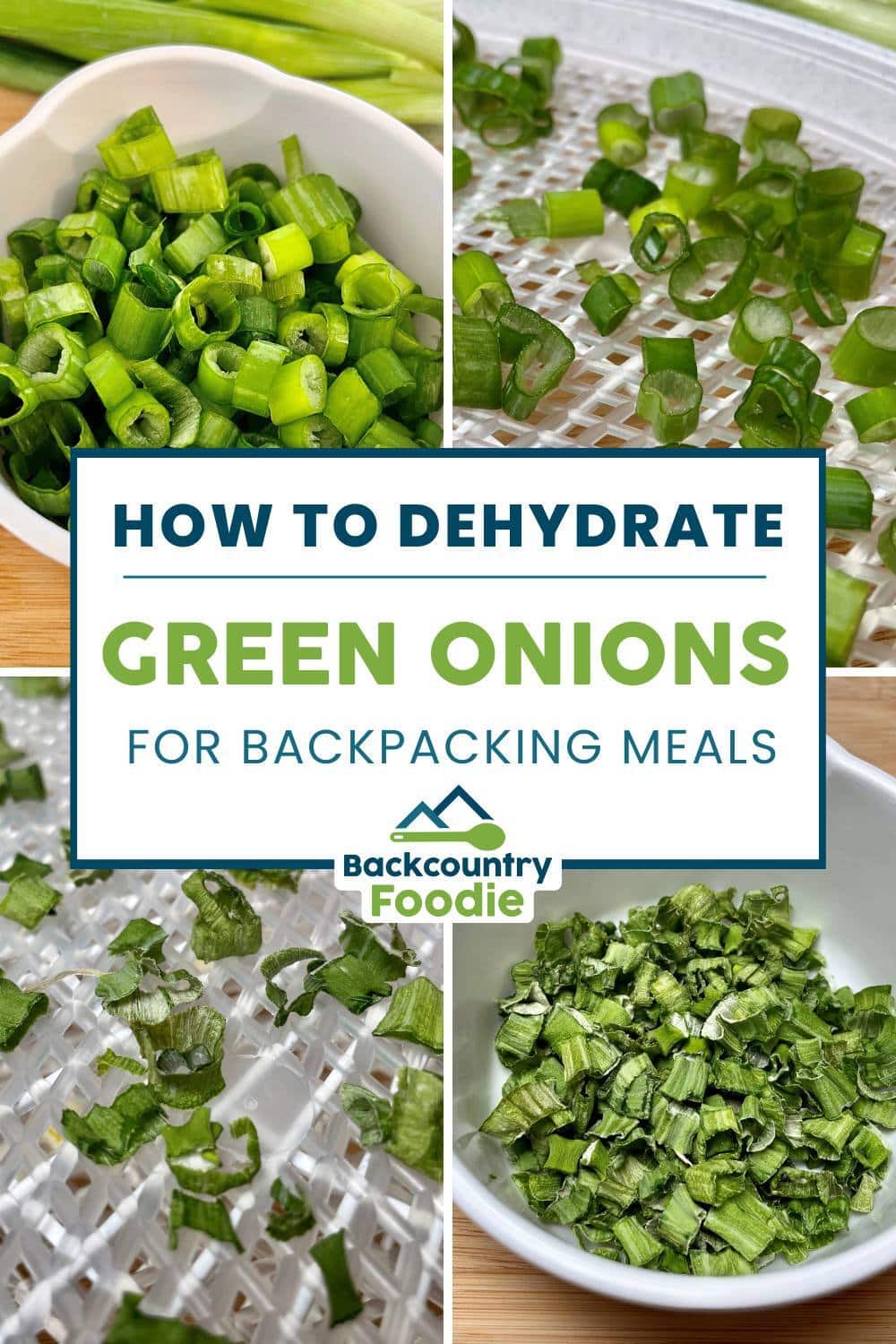
Leave a Reply